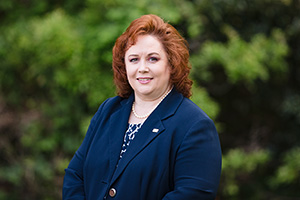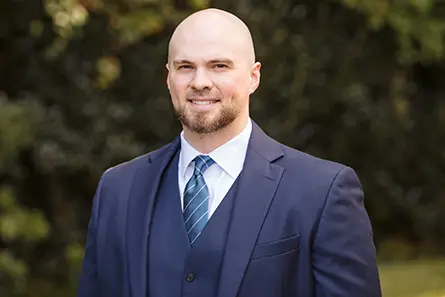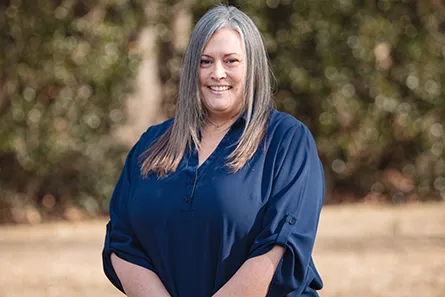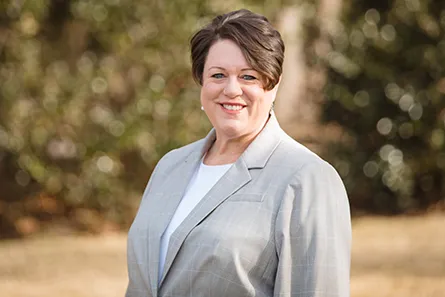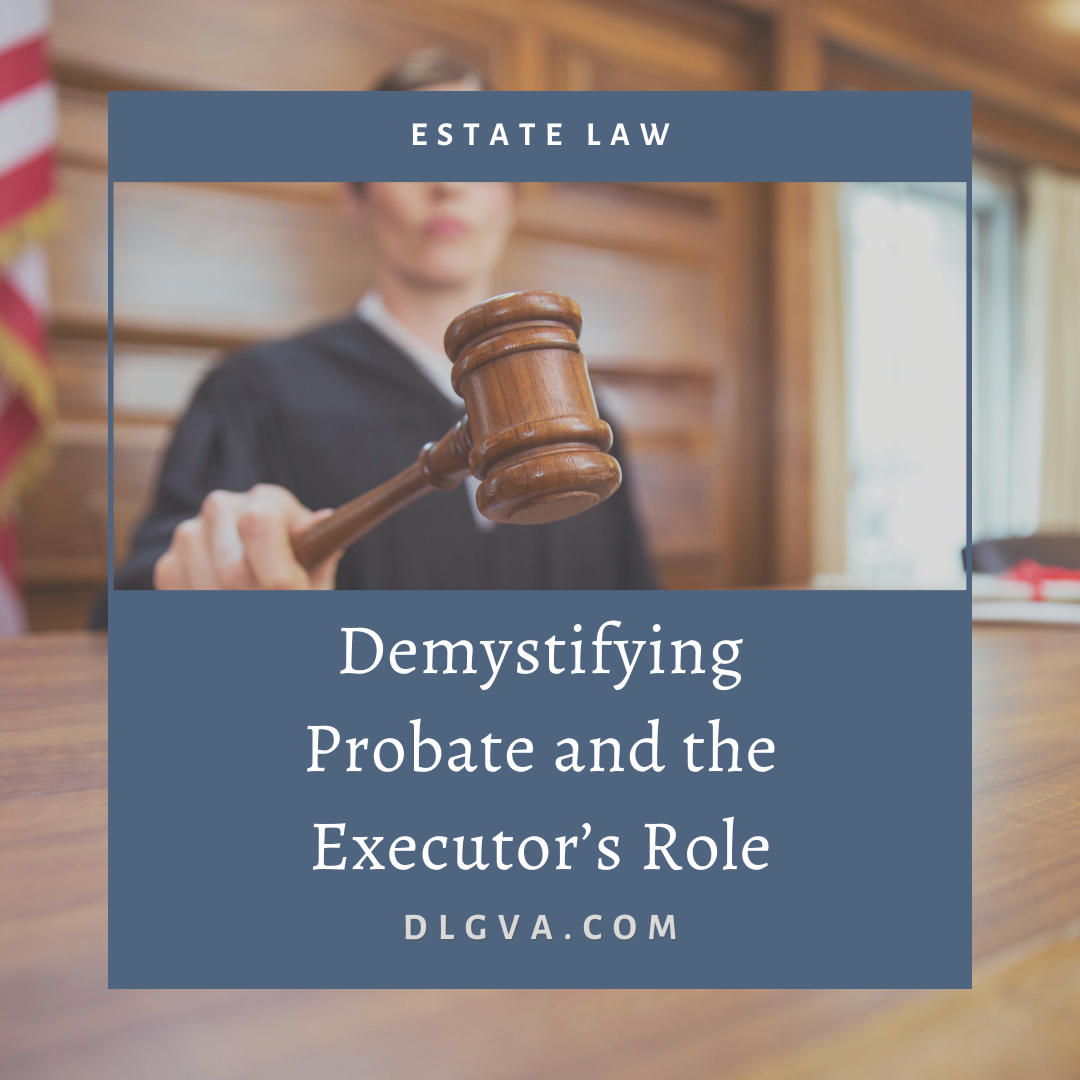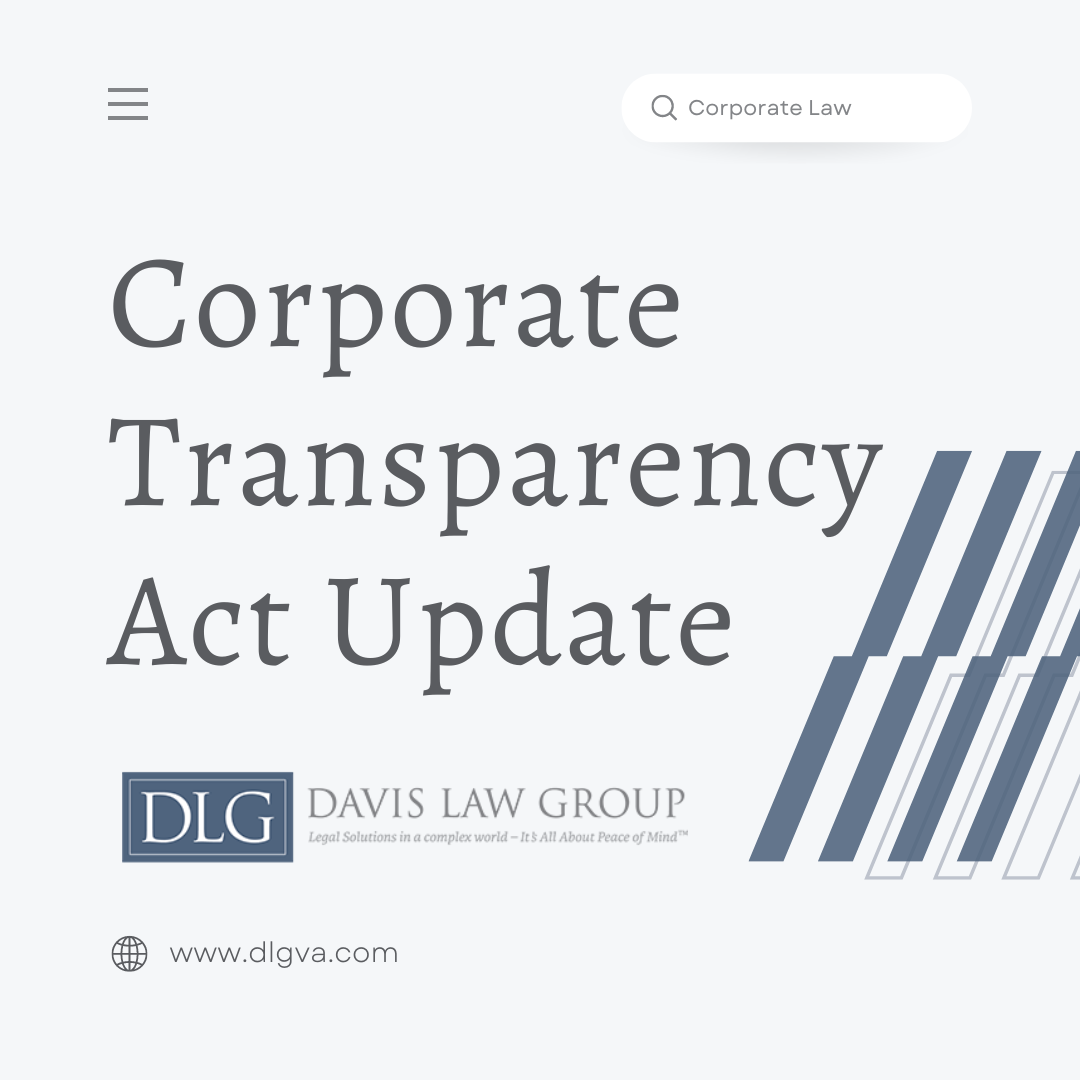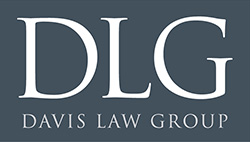 During this phase of the process, we will complete the design and establishment of your legacy plan. This will include the preparation of all legal documents necessary to create your unique Legacy Plan Solution© in compliance with the laws of the United States and the Commonwealth of Virginia. After legal documents have been prepared, we will schedule a time that is convenient for you to come in and review all of the elements of your plan. At that time, we will provide you with visual aids that will assist in making it easier to understand how the components of your Legacy Plan Solution™ work together to achieve your goals. After the plan documents have been tailored to your satisfaction, the documents can be signed and we will then provide you with your personalized Legacy Plan Solution© binder.
During this phase of the process, we will complete the design and establishment of your legacy plan. This will include the preparation of all legal documents necessary to create your unique Legacy Plan Solution© in compliance with the laws of the United States and the Commonwealth of Virginia. After legal documents have been prepared, we will schedule a time that is convenient for you to come in and review all of the elements of your plan. At that time, we will provide you with visual aids that will assist in making it easier to understand how the components of your Legacy Plan Solution™ work together to achieve your goals. After the plan documents have been tailored to your satisfaction, the documents can be signed and we will then provide you with your personalized Legacy Plan Solution© binder. Questions? Contact Us

Estate & Trust Planning
Estate Planning is essentially the process of preserving and protecting your assets and property during your lifetime, then providing instructions for them to be passed on to

Corporate and Business Transactions
At Davis Law Group we have a unique perspective in our corporate and business law practice. Most "corporate" law firms focus on serving the business rather than

Probate & Trust Administration
When a close relative or friend dies, there are several important legal and taxation matters to be addressed. Depending on how property and other assets are titled,

Civil Litigation
Representing a client involved in business disputes, contract disputes, including mediation, arbitration, or civil litigation in court, is a big responsibility -- one we don't take lightly.
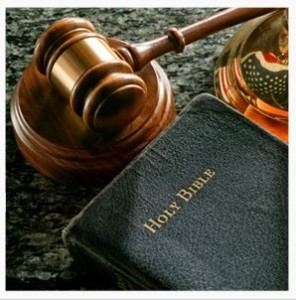
Church and Non-Profit Organizations
Church and non-profit law requires a special understanding of the issues and challenges that face non-profit and religious institutions. The legal advice that best serves business and

Commercial Real Estate Transactions
At Davis Law Group we understand that the commercial real estate process can be one of the most stressful events our clients will ever experience. Hampton Roads

Family Law & Collaborative Practice
The attorneys at Davis Law Group have extensive experience in representing individuals who find themselves in the middle of broken relationships, and we are effective advocates when

Employment Law
Few relationships impact our daily lives as much as the relationships we have at our workplaces. For most people, it is the place they spend the majority
Our dedicated team of attorneys, paralegals, clerks and administrative staff at Davis Law Group are ready to assist you with your legal questions and needs from real estate transactions to estate plans to the adoption process and more, our team has a diverse background of experience and expertise.
Douglas W. Davis
Attorney, Managing PartnerSuAnne Hardee Bryant
AttorneyDouglas H. Cook
Attorney, of CounselStephen Haynes
AttorneyJeff Coombs
Attorney, Nonprofit Practice LeaderGrant Hurley
AttorneyChristen Davis
Senior ParalegalLauren Baust
ParalegalRebecca Garnsey
ParalegalMelissa Smith
ParalegalKaren Nootnagel
ComptrollerNicole Capomaggi
Receptionist/Client LiaisonDemystifying Probate and the Executor’s
When creating a last will and testament, one of your most important considerations is who to choose to serve as the executor or administrator
What to Do When a
As poet Robert Burns mused centuries ago, the best-laid plans of mice and men often go awry. Despite your best efforts and thoughtful strategies,
Corporate Transparency Act Update
Under the Corporate Transparency Act (CTA), which took effect January 1, 2024, many business entities including small limited liability companies (LLCs) and partnerships are






